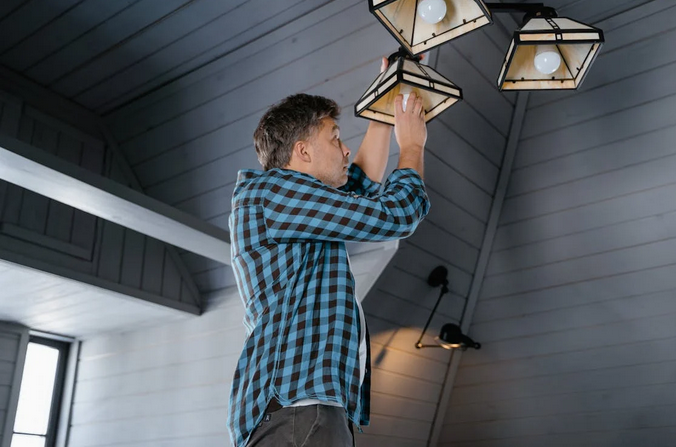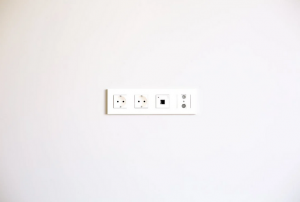Preventing Electrical Emergencies: Tips for a Safer Home

Electrical emergencies can strike when you least expect them. They not only threaten your home but also endanger the lives of those within it. Only emergency electricians can help you fix the problem once it has occurred. Fortunately, many of these incidents are preventable with a bit of foresight and care.
Creating a safer environment for yourself and your loved ones begins with understanding potential hazards and taking proactive steps to mitigate risks. Whether you’re in an older house or simply want to improve safety practices, there are effective measures you can implement today. What are those? Let’s find out.
Upgrade Outdated Wiring and Electrical Panels

Old wiring can be a ticking time bomb. Homes built several decades ago often have systems that can’t handle today’s electrical demands. If your home still sports outdated aluminum or knob-and-tube wiring, it’s time to consider an upgrade. Modern rewiring not only enhances safety but also improves efficiency.
New copper wiring can better support heavier loads from appliances and electronics without overheating or causing shorts. Equally important is the electrical panel. Upgrading to a newer model ensures you have enough circuit breakers for all your devices while providing enhanced protection against surges.
Avoid Overloading Outlets and Extension Cords
 Overloading outlets and extension cords is a common mistake many make. It can lead to overheating, fires, and other serious hazards. When too many devices are plugged into one outlet, the circuit struggles to handle the load. Always check the wattage of your appliances.
Overloading outlets and extension cords is a common mistake many make. It can lead to overheating, fires, and other serious hazards. When too many devices are plugged into one outlet, the circuit struggles to handle the load. Always check the wattage of your appliances.
If you’re unsure how much power they consume, look for labels or manuals that provide this information. Using power strips with built-in surge protectors can help distribute electricity safely but be cautious not to overload them either. Each strip has its limit. Consider using only one high-wattage appliance per outlet when possible.
Install Smoke Detectors and Carbon Monoxide Alarms
Smoke detectors and carbon monoxide alarms are essential components of home safety. These devices serve as your first line of defense against hidden dangers. Smoke detectors detect the presence of smoke, alerting you to potential fires before they become catastrophic. Place them in key areas such as hallways and bedrooms for maximum effectiveness.
Carbon monoxide alarms monitor levels of this odorless, colorless gas that can be lethal in high concentrations. Install them near sleeping areas to ensure everyone is alerted while they sleep. Consider interconnected systems that allow all alarms to sound simultaneously. This feature enhances your chances of escaping safely during an emergency.
Schedule Professional Maintenance

Over time, wear and tear can lead to hidden issues that may pose a significant risk. Scheduling a professional inspection allows trained electricians to identify potential hazards before they escalate. They can check for frayed wires, loose connections, or outdated components. It’s not just about fixing problems; it’s also about enhancing safety.
A well-maintained electrical system minimizes the chances of disruptions and emergencies. Consider making this service part of your annual home care routine. Investing in expert attention pays off by safeguarding your family and property from unforeseen dangers. Stay proactive rather than reactive when it comes to electricity in your home.



